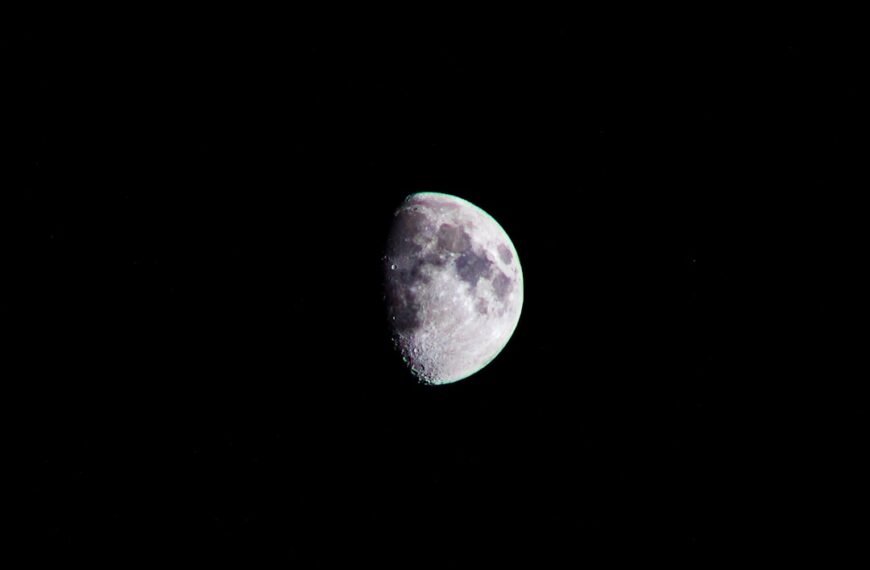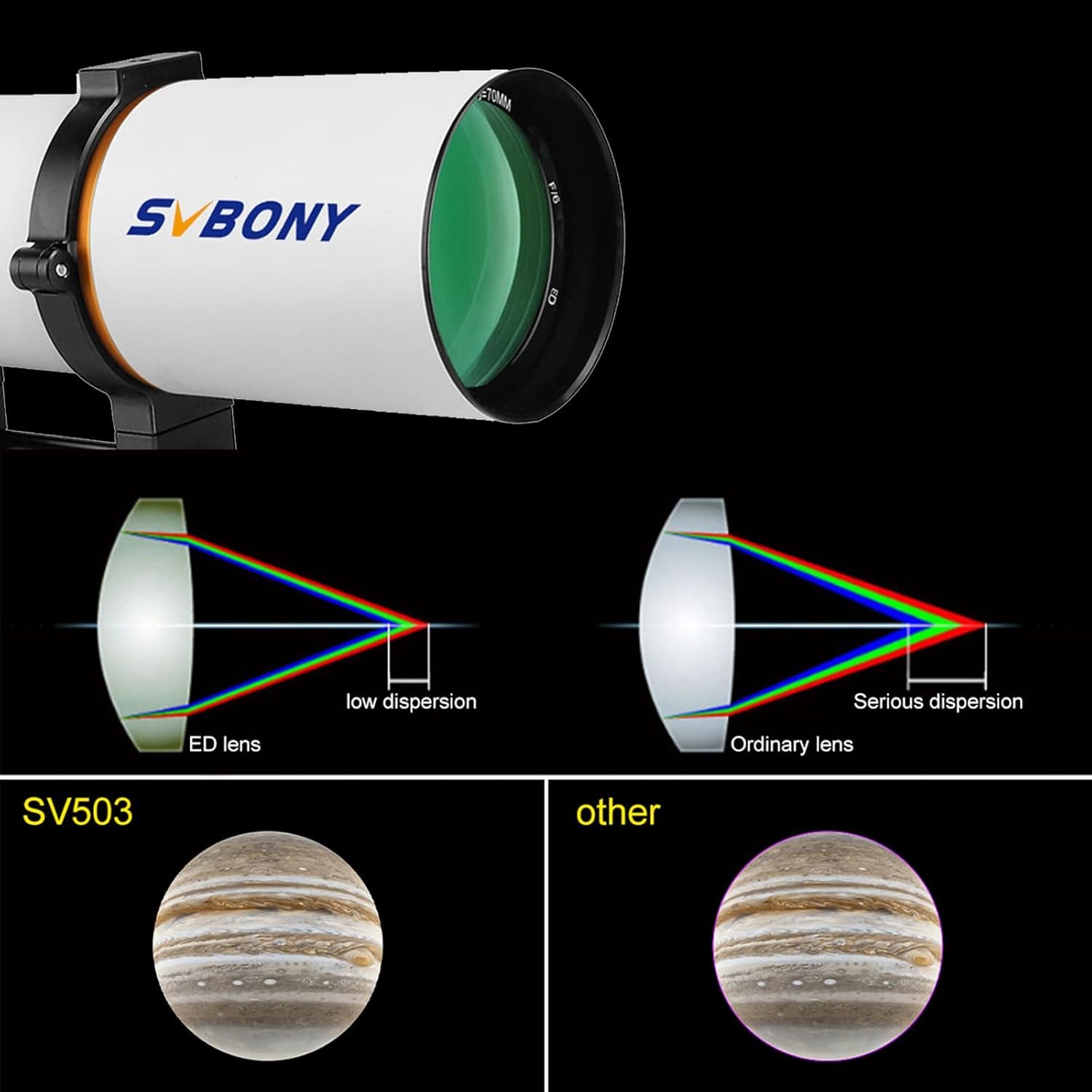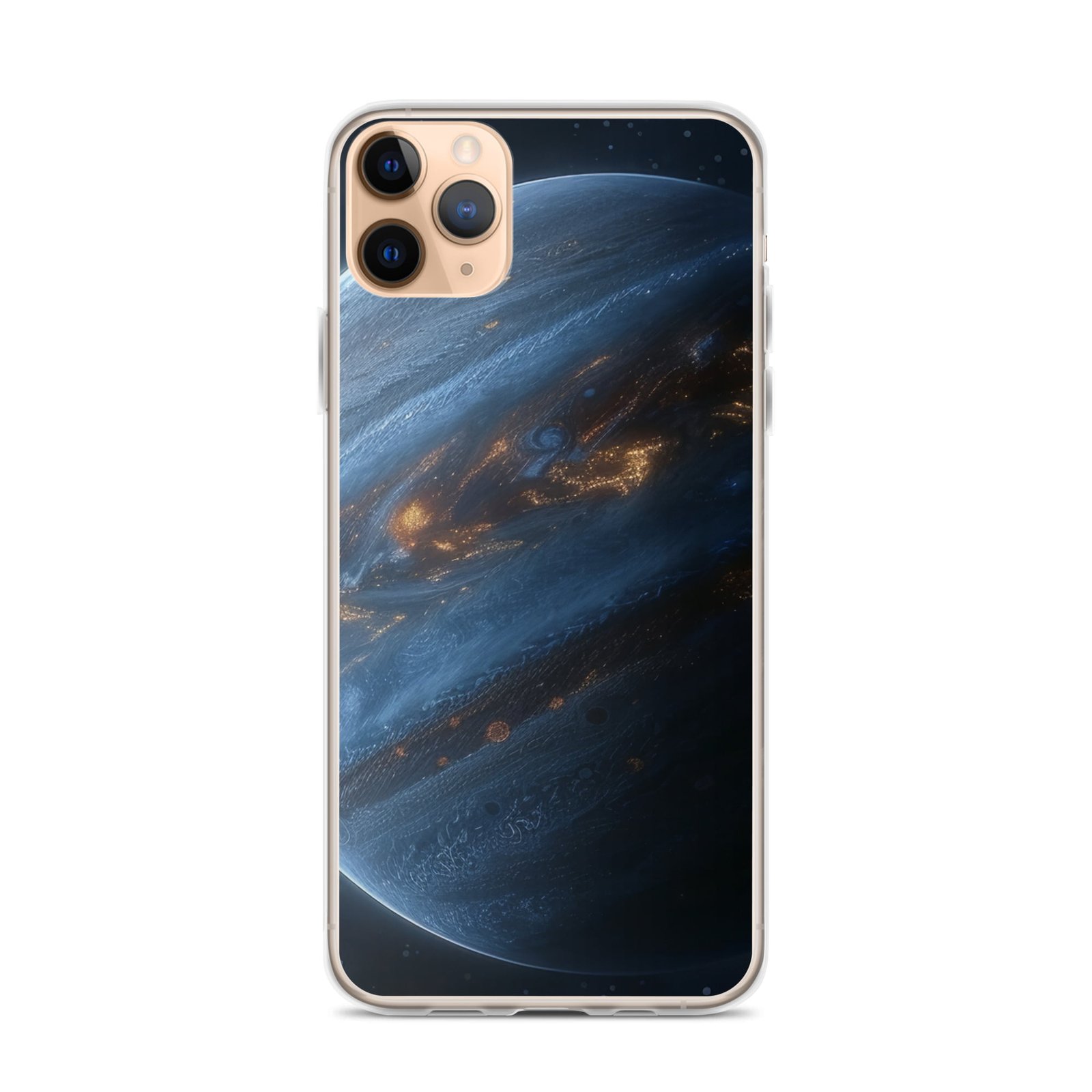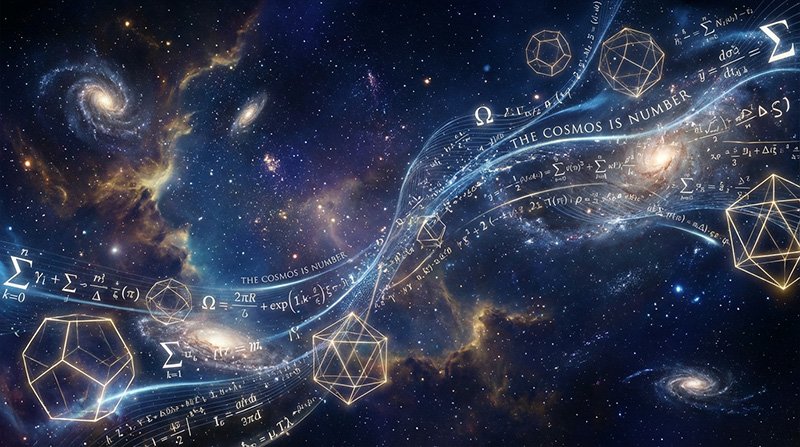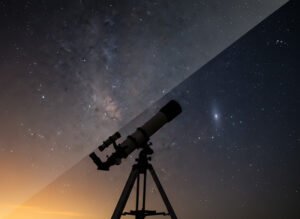Black holes are one of the most fascinating and mysterious objects in the universe. They are regions in space where gravity is so strong that nothing, not even light, can escape their gravitational pull. The concept of black holes was first proposed by physicist John Michell in 1783, but it wasn’t until the 20th century that they were fully understood and accepted by the scientific community.
There are several types of black holes, including stellar black holes, which form from the collapse of massive stars, and supermassive black holes, which are found at the centers of galaxies and can have masses millions or even billions of times that of our sun. There is also a third type called intermediate-mass black holes, which have masses between those of stellar and supermassive black holes.
Black holes have several unique properties. One of the most well-known is their event horizon, which is the boundary beyond which nothing can escape their gravitational pull. They also have a singularity at their center, which is a point of infinite density where the laws of physics as we know them break down. Additionally, black holes can spin, creating a swirling vortex of spacetime around them.
Key Takeaways
- Black holes are regions in space where gravity is so strong that nothing, not even light, can escape.
- Time is relative and can be affected by the strong gravitational pull of black holes.
- Black holes warp space-time, causing time to slow down as you get closer to them.
- The event horizon is the point of no return for anything that enters a black hole, and time appears to stand still at this boundary.
- Theoretical predictions and observational evidence suggest that time dilation occurs near black holes, with time appearing to slow down for an outside observer.
Understanding the concept of time and its relation to black holes
Time is a fundamental aspect of our everyday lives, but its nature and properties are still not fully understood. In physics, time is often defined as the fourth dimension, along with the three dimensions of space. It is what allows events to be ordered from the past to the present to the future.
There are several theories of time that attempt to explain its nature and how it relates to the universe. One theory is that time is an illusion and does not exist independently of our perception. Another theory is that time is a fundamental aspect of reality and has an objective existence.
One of the most fascinating aspects of time in relation to black holes is time dilation. Time dilation is a phenomenon where time appears to move slower in the presence of strong gravitational fields. This means that time near a black hole would appear to pass slower than it does in a less intense gravitational field.
How black holes warp space-time
In order to understand how black holes warp space-time, it is important to first understand what space-time is. Space-time is the four-dimensional framework in which all physical events occur. It combines the three dimensions of space with the dimension of time into a single unified entity.
Black holes warp space-time due to their immense gravitational pull. According to Einstein’s theory of general relativity, mass and energy curve the fabric of space-time, causing it to be distorted or warped. The more massive an object, the greater its gravitational pull and the more it warps space-time.
The warping of space-time by a black hole creates a gravitational well, where objects are pulled towards the black hole and experience a strong gravitational force. This warping also causes light to be bent as it passes near a black hole, creating the phenomenon known as gravitational lensing.
The event horizon and its effects on time
The event horizon is a defining feature of black holes. It is the boundary beyond which nothing can escape the gravitational pull of a black hole, not even light. Once an object crosses the event horizon, it is said to be inside the black hole and cannot escape.
The effects of the event horizon on time are profound. As an object approaches the event horizon, time appears to slow down from an outside observer’s perspective. This is due to the extreme gravitational forces near the event horizon, which cause time dilation.
Time dilation near the event horizon can have dramatic effects. For example, if an object were to fall into a black hole and cross the event horizon, from an outside observer’s perspective, it would appear to take an infinite amount of time for the object to reach the event horizon. This is because time near the event horizon is so dilated that it effectively slows down to a standstill.
Theoretical predictions of time dilation near black holes
Einstein’s theory of general relativity provides a mathematical framework for understanding the effects of gravity on space and time. Using this theory, scientists have made theoretical predictions about the extent of time dilation near black holes.
According to general relativity, the closer an object is to a black hole, the stronger the gravitational field and the greater the time dilation. This means that time would appear to move slower for an object near a black hole compared to an object in a less intense gravitational field.
The mathematical equations of general relativity allow scientists to calculate the exact amount of time dilation near a black hole. These calculations have been confirmed by observations and experiments, providing strong evidence for the existence of black holes and their effects on time.
Observational evidence of time slowing down near black holes

There is observational evidence that supports the idea that time slows down near black holes. One example is gravitational redshift, which is the phenomenon where light from an object near a black hole appears to be shifted towards longer wavelengths.
Gravitational redshift occurs because light loses energy as it climbs out of a gravitational well, such as the one created by a black hole. This loss of energy corresponds to a decrease in frequency and an increase in wavelength, causing the light to appear redshifted.
Another piece of observational evidence for time dilation near black holes comes from studying accretion disks. Accretion disks are swirling disks of gas and dust that form around black holes as they pull in nearby matter. The intense gravitational forces near the black hole cause the matter in the accretion disk to heat up and emit high-energy radiation.
By studying the radiation emitted by accretion disks, scientists can measure the effects of time dilation near black holes. They have found that the radiation emitted by the inner regions of the accretion disk is redshifted, indicating that time is moving slower near the black hole.
The role of gravity in time dilation
Gravity plays a crucial role in time dilation. According to Einstein’s theory of general relativity, gravity is not a force like other forces in nature, but rather a curvature of space-time caused by mass and energy.
The presence of mass and energy curves the fabric of space-time, causing it to be distorted or warped. This warping of space-time affects the motion of objects and the passage of time. The stronger the gravitational field, the greater the warping of space-time and the more pronounced the effects on time.
Gravity affects time by causing it to move slower in regions with stronger gravitational fields. This is due to the fact that gravity curves space-time, creating a gravitational well where objects are pulled towards the source of gravity and experience a stronger gravitational force.
The possibility of time travel near black holes
The extreme conditions near black holes have led to speculation about the possibility of time travel. While time travel is still purely theoretical and has not been proven to be possible, black holes provide a potential avenue for exploring this concept.
One theoretical possibility for time travel near black holes is through the use of wormholes. Wormholes are hypothetical tunnels in space-time that connect two distant points, allowing for shortcuts through space and potentially even time.
If a stable wormhole were to exist near a black hole, it could potentially allow for travel between different points in time. However, there are many challenges and paradoxes associated with time travel, such as the grandfather paradox, which raises questions about causality and the possibility of changing the past.
The implications of black holes on our understanding of time and the universe
Black holes challenge our understanding of time and the universe in profound ways. They provide a unique laboratory for studying the effects of gravity on space and time, and they push the boundaries of our current theories and models.
Our current understanding of the universe is based on the laws of physics as we know them, but black holes exist in extreme conditions where these laws break down. The singularity at the center of a black hole, for example, is a point of infinite density where our current theories cannot fully explain what happens.
Black holes also challenge our understanding of time. The extreme time dilation near black holes raises questions about the nature of time and its relationship to gravity. It forces us to reconsider our intuitive understanding of time as a constant and universal quantity.
Future research and discoveries in the study of black holes and time
The study of black holes and their effects on time is an active area of research, and there are many exciting discoveries yet to be made. Scientists are currently using advanced telescopes and instruments to observe black holes and gather more data about their properties.
Future research in this field will likely focus on refining our understanding of the nature of black holes and their effects on space and time. This will involve developing new theoretical models and conducting more observations and experiments to test these models.
The study of black holes and time has important implications for our understanding of the universe as a whole. By studying black holes, scientists hope to gain insights into the fundamental nature of space, time, and gravity, which could lead to breakthroughs in our understanding of the universe at large.
In conclusion, black holes are fascinating objects that challenge our understanding of space, time, and the universe. They warp space-time, causing time dilation near their event horizons. Theoretical predictions and observational evidence support the idea that time slows down near black holes. Gravity plays a crucial role in time dilation, warping space-time and affecting the passage of time. While time travel near black holes is still purely theoretical, black holes provide a potential avenue for exploring this concept. Continued research in the study of black holes and time is important for advancing our understanding of the universe and pushing the boundaries of our current theories and models.
If you’re fascinated by the mysteries of the universe, you might also be interested in exploring the question: “Do black holes stop time?” This mind-boggling concept is explored in an intriguing article on The Universe Episodes website. While pondering the nature of black holes, you can also delve into other captivating topics such as “What planet can we breathe on other than Earth?” and “How long would it take to get to Uranus from Earth?. For those who crave even more cosmic wonders, there’s an article that delves into the intriguing question of “What is beyond the multiverse?. So, if you’re ready to expand your knowledge and embark on a journey through the cosmos, click here to read more about black holes and their mysterious relationship with time.







